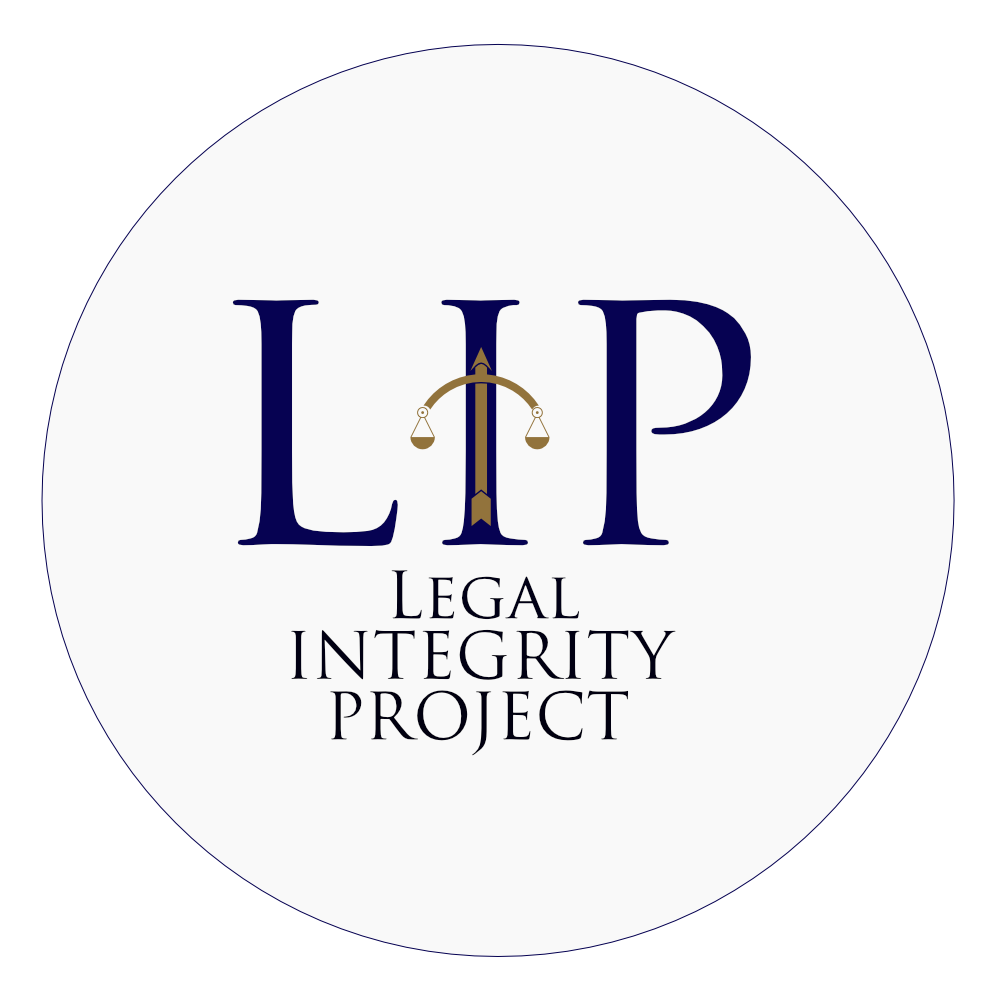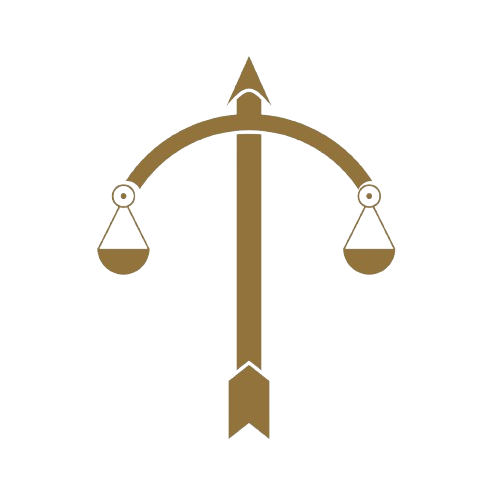What counts as “Corruption”? How legal definitions are shifting across the globe
“Corruption” is a word everyone claims to understand, yet no two legal systems define it quite the same way. What began as a ban on bribery has evolved into a global debate about influence, integrity, and accountability in an interconnected world. From brown envelopes to boardroom compliance, this piece unpacks how the law keeps trying , and sometimes struggling, to catch up with the many faces of corruption.
Few words in law carry as much moral weight, or as much ambiguity, as corruption. It’s invoked daily by politicians, prosecutors, and activists, often with absolute certainty about what it means. But peel back the rhetoric, and the legal boundaries start to blur.
At its simplest, corruption means abusing entrusted power for private gain. Yet what counts as an “abuse,” and who decides what’s “private” or “public,” varies wildly from one jurisdiction to another. The United Nations Convention against Corruption (UNCAC) deliberately avoided pinning the concept down too tightly. Instead, it lists examples (bribery, embezzlement, abuse of functions, trading in influence) and leaves the details to national legislatures.
That flexibility is both its strength and its problem. It allows countries to adapt to context, but it also means that one nation’s corruption scandal might barely register as illegal elsewhere.
From envelopes to influence
In the UK, there’s the Bribery Act 2010. It’s one of the most sweeping anti-corruption laws in the world, covering both public and private sectors and introducing a corporate offence for failing to prevent bribery. In the United States, the Foreign Corrupt Practices Act (FCPA) takes a narrower route, targeting only the bribery of foreign officials. In France, Sapin II goes even further by obliging large companies to implement compliance programmes.
Each of these systems reflects a different idea of what corruption is. For the US, it’s a matter of keeping foreign business clean. For the UK, it’s about the integrity of transactions everywhere. And for France, it’s an issue of governance, making sure companies take prevention seriously.
The common thread? Corruption has escaped the envelope. It’s no longer just about money changing hands in dark rooms. It’s about subtle networks of power, favours, and expectations , influence traded like currency.
The politics of purity
Here’s the uncomfortable truth: corruption law is never politically neutral. Governments can wield it as both sword and shield - targeting rivals while ignoring allies. In some states, anti-corruption drives are less about clean governance than about consolidating control.
On the international stage, corruption allegations often double as diplomatic leverage. Sanctions laws like the US Global Magnitsky Act now empower governments to penalise “significant acts of corruption,” a deliberately broad phrase that can reach from bribery to kleptocracy. The challenge, as ever, is ensuring such measures rest on evidence, not expedience.
When everything is connected
In a globalised economy, corruption rarely stays local. The same network that enables illicit payments in one country might launder them through another and hide them in a third. That’s why enforcement agencies increasingly collaborate - and why penalties now run into the billions.
The Airbus settlement in 2020, spanning the UK, France, and the US, was a watershed moment: a single company fined €3.6 billion for bribery offences across continents. The message was unmistakable — jurisdictional borders no longer protect bad actors, and corporate ignorance is not a defence.
The new frontier: digital corruption
Technology has opened yet another frontier. From crypto-fuelled kickbacks to algorithmic manipulation of procurement data, corruption is adapting faster than regulators. Artificial intelligence can spot suspicious patterns, but it can also be used to conceal them. Meanwhile, social media and digital lobbying have blurred the line between legitimate advocacy and covert influence.
As governments rush to regulate, one thing is clear: the corruption of tomorrow may not involve a single payment. It might look like the quiet tweaking of code, the leaking of data, or the selective targeting of online narratives.
A moving definition for a connected world
Corruption law, at its best, is about trust — the invisible glue that makes institutions work. But defining corruption too broadly risks politicising that trust; defining it too narrowly invites cynicism and loopholes.
The modern trend is to anchor definitions around three simple principles:
Entrusted power : who held the responsibility.
Private gain: who benefited.
Intentional misuse: whether the act was deliberate.
Within that frame, each legal system writes its own story. And perhaps that’s inevitable. Corruption, after all, mirrors the societies that fight it: complex, imperfect, and constantly changing.
So, what does all this mean?
The legal meaning of corruption will always balance between clarity and controversy. Law can criminalise the abuse of power, but it can’t remove the politics that surround it. In an age of global business and digital governance, the challenge isn’t simply to outlaw corruption, it’s to define it well enough that justice, not convenience, decides who’s guilty.
The Legal Integrity Project Editorial Team

